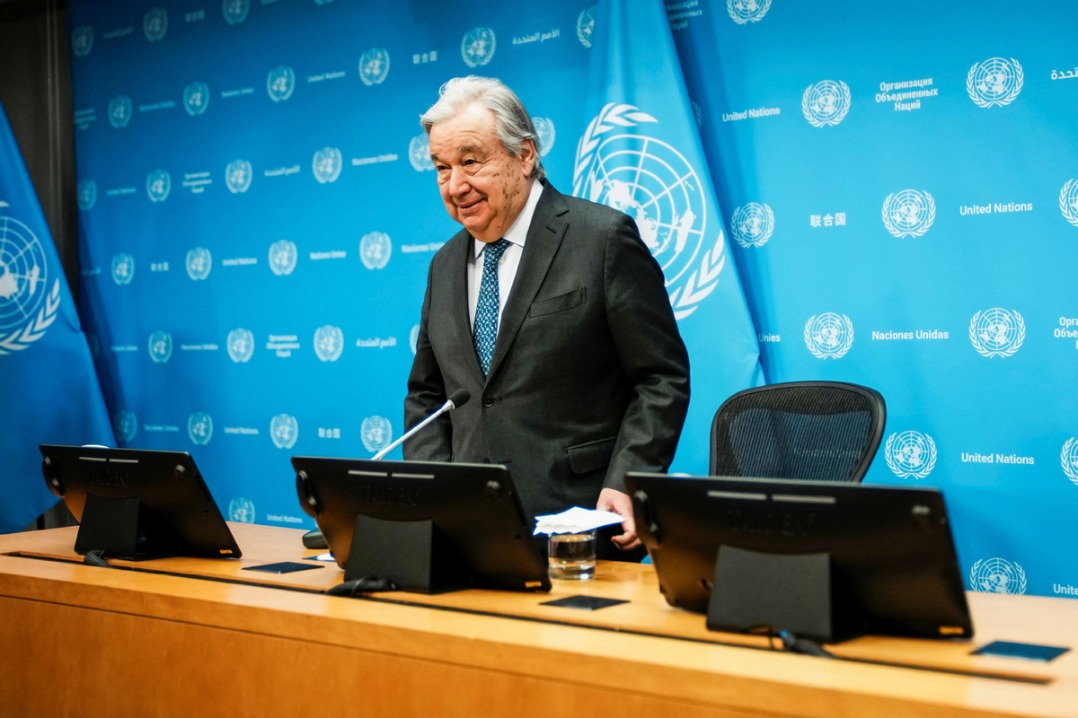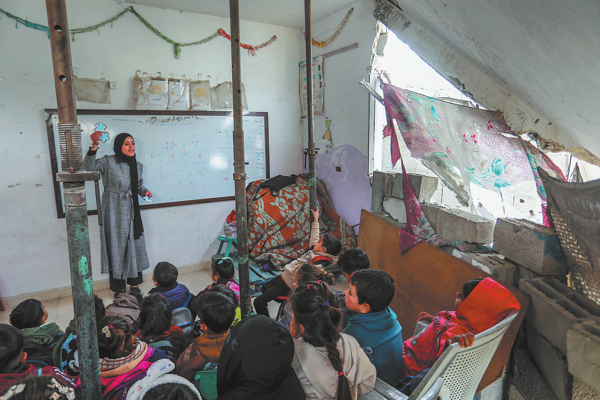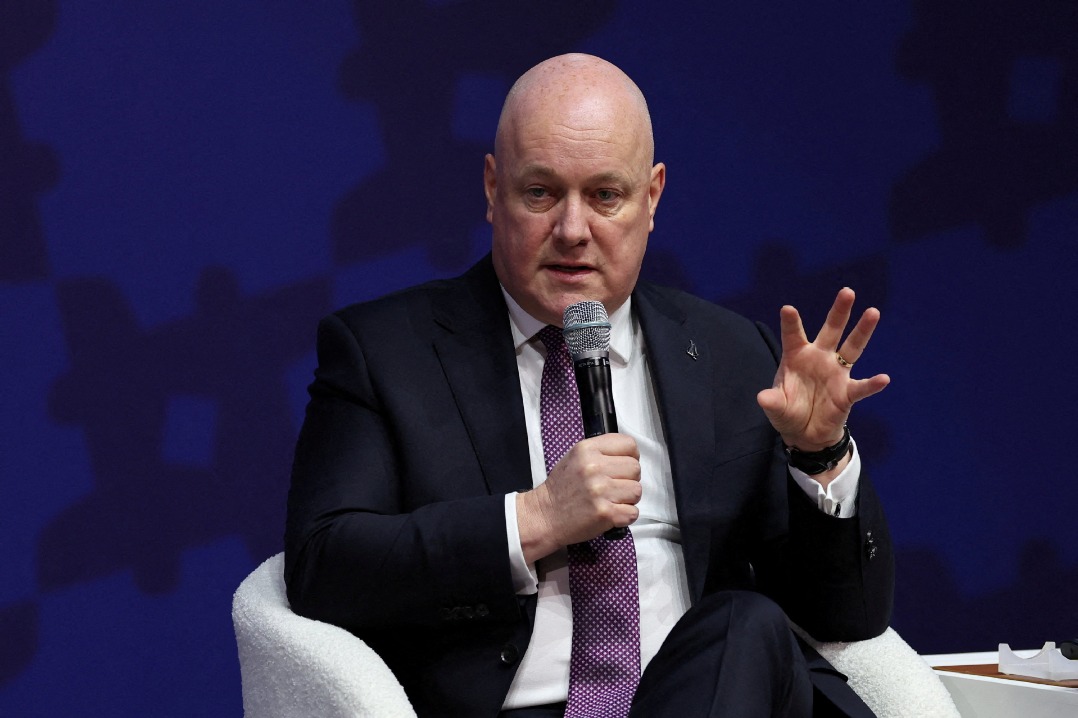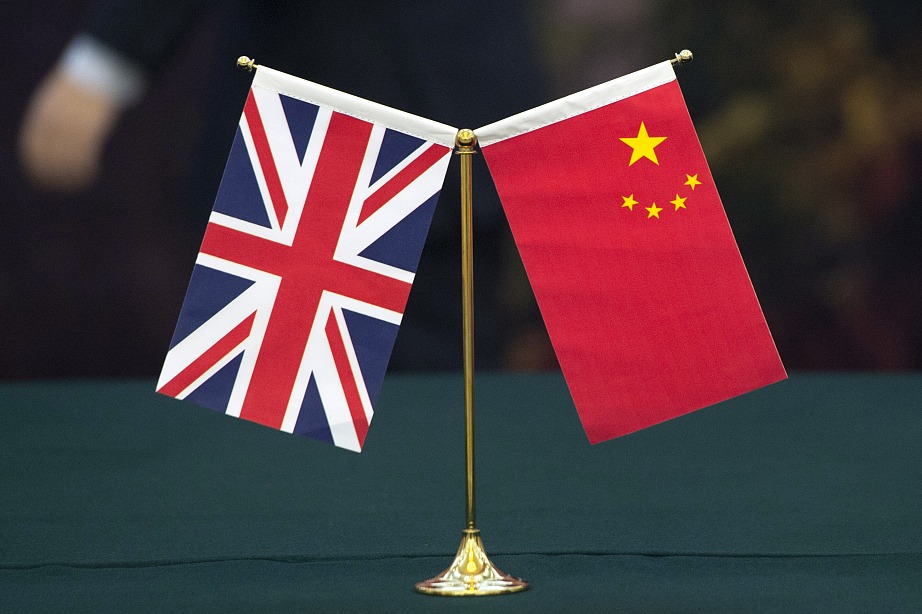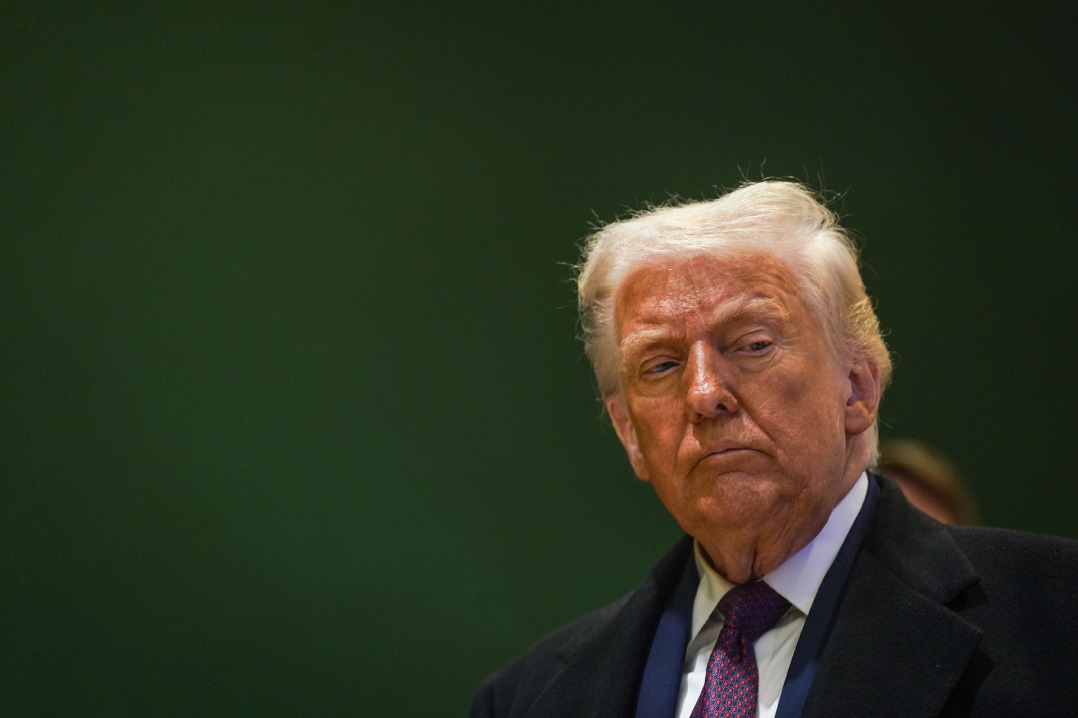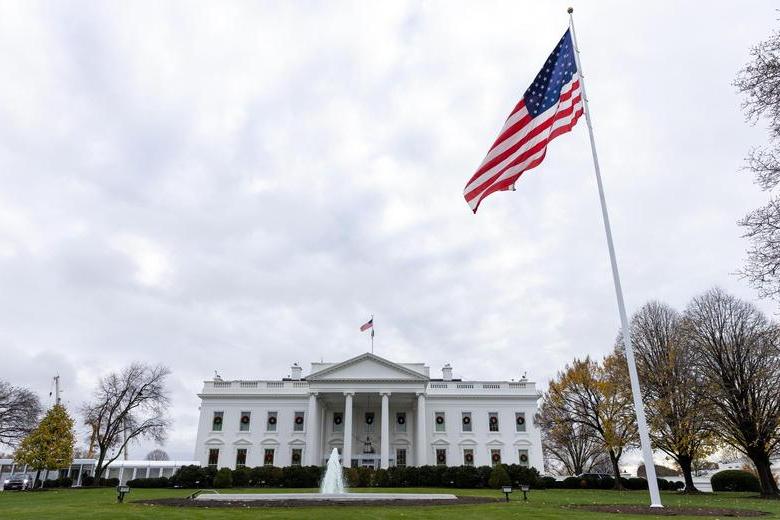Cooperation among civilizations urgently needed


Students of world history learn that human civilizations are as diverse as what Mother Nature presents before our eyes. From ancient times and across every continent, human beings have risen to numerous challenges and created splendid civilizations with distinctive character.
World history also tells us that civilizations, despite difficulties arising from distance and differences, have pursued exchanges of goods, ideas and cultures and benefited from communications for political, economic, social and technological advancement.
The contemporary era of globalization, marked by an unprecedented extent and degree of integration of commerce, has witnessed enormous progress in human advancement. Between 1990 and 2021, the human development index in developing countries increased 34 percent, despite the increase in population in low- and middle-income countries. The manifestation of diversity in language, customs, religion, culture and governance has the underlying significance of humanity's pursuit of the common values of peace, development, fairness, justice, democracy and freedom.
People across the world exercise their ingenuity in creating development paths that are suitable to their national conditions and enriching the ideas and practices of human civilizations, which provide the very basis for intercivilizational exchanges and learning.
This era also witnessed profound contradictions: extreme poverty, income inequality, food and energy security, public health emergencies, climate change and ecological degradation, fragility of the global financial system, and regulation of cybersecurity and artificial intelligence. The nature of these challenges is global, which requires a collective response at the global level. A collective response needs global cooperation, and cooperation needs mutual understanding.
At a crossroads of civilization, the Global Civilization Initiative proposed by President Xi Jinping provides a path for human advancement through mutual understanding and cooperation among diverse civilizations. It is an integral part of China's contribution to global governance in addition to the Global Development Initiative and Global Security Initiative.
The Chinese people have come a long way in their pursuit of a better life. From the country's journey of modernization, we learn that development is an all-societal endeavor, involving the effort from the public as well as private sectors, social organizations, international institutions, and numerous individuals striving for improvement and innovation on the ground. We learn that governance and capacity building need to be result-oriented for securing access to adequate food, clean water, safe shelter, a pleasant living environment, decent medical and old-age care, equal opportunity of education and for enabling individuals across the society to participate in economic, political and social lives and by doing so reach their individual potential for full development.
We also learn that only when finance, be it public, institutional or private, supports the real economy can it be sustainable. We learn that technology cannot only facilitate solving problems but also must open up new opportunities for development. We learn that lucid waters and lush mountains are invaluable assets. We learn that in a vast country of 1.4 billion people with diverse geological and cultural conditions, policies must suit local conditions, and local knowledge and wisdom can be mobilized to solve development problems.
We understand that China's modernization, an inseparable part of the global development process, contributes to human advancement and that a peaceful environment is essential for commerce and intercivilizational exchanges to flourish.
In their pursuit of modernization, the Chinese people draw inspiration from the historical and cultural heritage of their own as well as from other civilizations. Over 2,000 years ago, the ancient Chinese book Guanzi proposed the governing practice of balancing the power of market forces with regulation in the common interest of people. Over 200 years ago, Adam Smith discussed the "invisible hand" of the market in The Wealth of Nations and explored the "visible hand" of ethically guided regulation in The Theory of Moral Sentiments.
No matter what they are, challenges in our world today can be dealt with through the agency of a balanced relationship between the state and market at both national and global levels, which in turn requires global cooperation.
And humanity can cooperate, not just out of the urgency of meeting the challenges presented before us, but also because of the fact that humanity collectively has accumulated rich and deep knowledge on and capabilities for peace and development. Knowledge dissemination and capacity building, facilitated by technology, requires people-to-people exchanges and mutual learning. Global networks for knowledge exchanges are crucial in advancing intercivilizational dialogue and cooperation.
Fifty years ago, historian Arnold Toynbee expressed his concern about the future of humanity in his dialogue with religious leader Daisaku Ikeda, the book of which is titled Choose Life. History shows that intercivilizational exchanges and cooperation are not just possible but also fruitful. The challenges of our times make intercivilizational exchanges and cooperation an urgent necessity. Humanity has the capacity to deal with these challenges, and it is a test of human wisdom to pursue cooperation. As the Global Civilization Initiative indicates, let us choose life instead of conflict, dialogue instead of confrontation. Let us choose intercivilizational cooperation for human advancement.
The author is a senior research fellow at the Development Research Center of the State Council and vice-president of the Center for International Knowledge on Development.
















